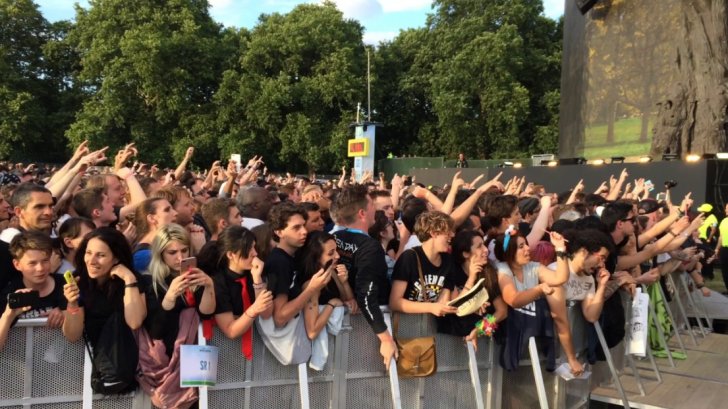Large-scale gatherings including conferences, sports events, and live concerts won’t be safe to attend to until “fall 2021 at the earliest,” said by Zeke Emmanuel, director of the Healthcare Transformation Institute at the University of Pennsylvania.
Emmanuel was one of the expert panels assembled by the New York Times on life after the on-going global pandemic, COVID-19. The problem, according to Emmanuel, is “You can’t just flip a switch and open the whole of society up. It’s just not going to work. It’s too much. The virus will definitely flare back to the worst levels.”
As he sees it, “restarting the economy has to be done in stages,” and gatherings in events will be the last part to return.
“It does have to start with more physical distancing at a work site that allows people who are at lower risk to come back. Certain kinds of construction, or manufacturing or offices, in which you can maintain six-foot distances are more reasonable to start sooner. Larger gatherings — conferences, concerts, sporting events — when people say they’re going to reschedule this conference or graduation event for October 2020, I have no idea how they think that’s a plausible possibility. I think those things will be the last to return. Realistically we’re talking fall 2021 at the earliest.”
But why do people have to wait until fall of 2021? Well, it has to do something with the development timeline of the coronavirus vaccine. And Emmanuel isn’t the only one in thinking that the vaccine will take 12-18 months — in fact, all experts deem this consensus.
Epidemiologist Larry Brilliant, one of the experts who led the effort to eradicate smallpox, told The Economist, “I think we will have a vaccine that works in less than a couple of months.” Unfortunately, that’s the easy part. “Then it will be the arduous process of making sure that it is effective enough and that it is not harmful. And then we have to produce it. [America’s Director National Institute of Allergy and Infectious Diseases] Tony Fauci’s estimate of 12 to 18 months before we have a vaccine, in sufficient quantities in place, is one that I agree with.”
But Brilliant, who also consulted on the 2011 Steven Soderbergh film Contagion, sounds even more skeptical than Emmanuel. He thinks that the global pandemic will still be a problem — at least for a while — after the development of a vaccine.
“I just want to mention, once we have that vaccine, and we’ve mass vaccinated as many people as we could, there will still be outbreaks. People are not adding on to the backend of that time period the fact that we will then be chasing outbreaks, ping-pong-ing back and forth between countries. We will need to have the equivalent of the polio-eradication program or the smallpox-eradication program, hopefully at the WHO. And that mop-up—I hate to use that word when we’re talking about human beings—but that follow-on effort will take an additional period of time before we are truly safe.”
In other words, society getting back to normal will be slower and more painful than some are anticipating.
Check out the infographic video below explaining, “What If the COVID-19 Pandemic Lasts 18 Months or More?”:

